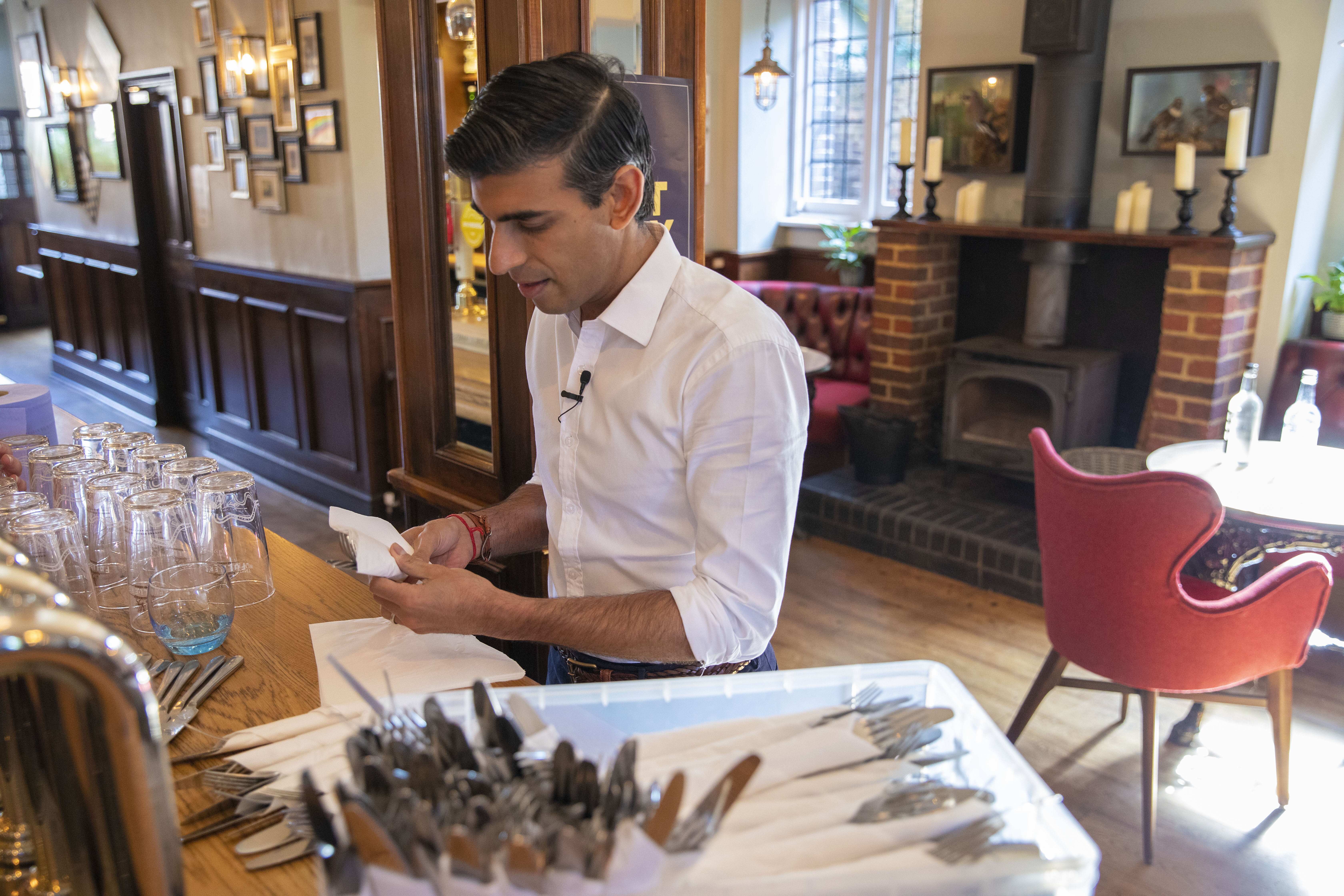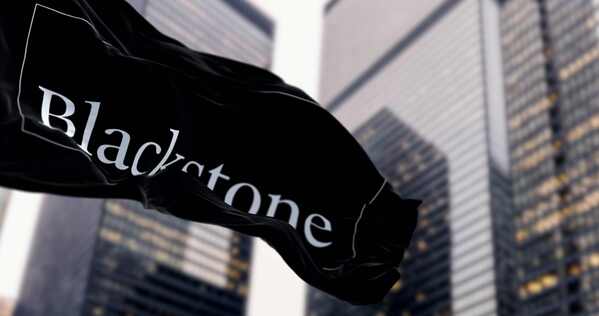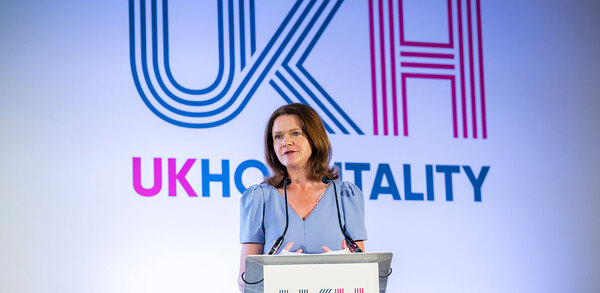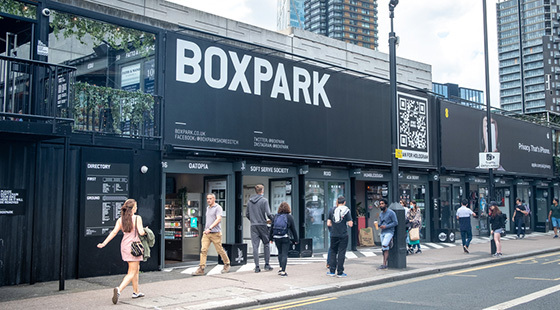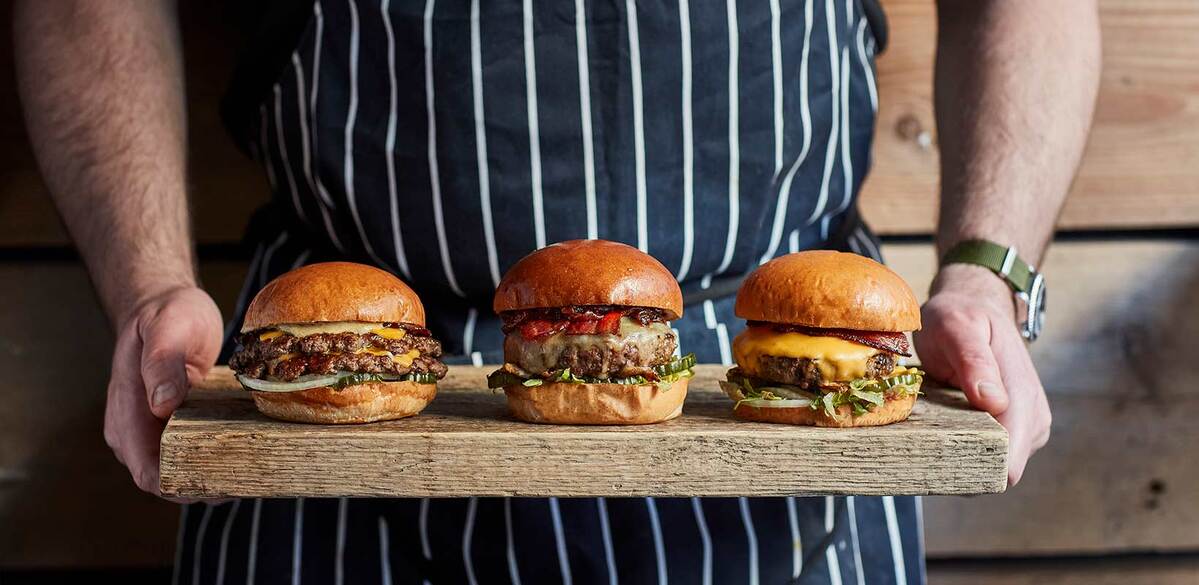Budget: Wet-led pubs and bars excluded from VAT extension while businesses call for rates reform
Wet-led hospitality businesses have been disappointed by today's Budget, which extended the VAT cut for food and accommodation, but once again failed to include alcoholic beverages.
“Pubs and alcohol-led businesses, we’ve been hit a lot harder,” said Sunny Hodge, owner of Diogenes the Dog wine bar in London’s Elephant & Castle. He said that with limited kitchens, wet-led businesses have been unable to compete with restaurants’ takeaway services, nor have they been able to offer takeaway alcohol for the entirety of the latest lockdown.
He welcomed the duty freeze on alcohol as “one less thing to re-cost”, having seen wine increase in price between 40p and £1 a bottle over the last year. To negate the increase in cost he is buying more in bulk, although this has proved difficult for his small site in central London with limited storage.
“Now it’s ‘how much storage do we have for our own imports? Can we physically bring in this amount to be able to sell it at this price?’ It’s changed the way I look at future sites and future businesses,” he said, although he still plans to open a second site in London in the near future.
British Beer & Pub Association chief executive Emma McClarkin said a fundamental reform of VAT, business rates and beer duty was required “to ensure that the thousands of pubs and breweries across the UK can thrive and help drive the social and economic recovery we urgently need”.
Although further grants have been announced for businesses, Michelle Utz, owner of the Hoop, a village pub in Stock, Essex, said the £18,000 reopening grant would do little to cover her £90,000 rent and expressed concerns about the long-term impact of several of the relief measures expiring in 2022.
“What will happen in a year’s time when VAT goes back up and we’re hit hard with corporation tax? I worry for city pubs and restaurants in London, their businesses will change because people may not go back to offices and there will be a massive effect with all these charges hitting them hard. The real test will be next year."
Steven Alton, chief executive of the British Institute of Innkeeping (BII) welcomed the additional grants for operators, but said it “in no way covers the basic running costs of our closed pubs or compensates them for the lost income over the last 12 months”.
He added: “For many of our members, these grants will not even cover the furlough contributions that will be needed to safeguard their teams until May, let alone June.”
It is hoped that the business rates review later this year will address the problem long-term, with similar hopes for the alcohol duty review to support brewers and pubs, but for some this may come too late.
Meanwhile, Michael Kill, chief executive of the Night-Time Industries Association (NTIA), said the Budget was further evidence the chancellor has “failed” to recognise the need for additional support for the night-time economy.
“With no meaningful expansion to CRF (Culture Recovery Fund) eligibility, and no bespoke support for our sector, we are once again left with a package totally incommensurate with businesses’ costs, including spiralling commercial rent arrears. The loan solutions outlined by the chancellor just aren’t good enough for businesses that are already overburdened with debt,” he said.
Photo: HM Treasury



